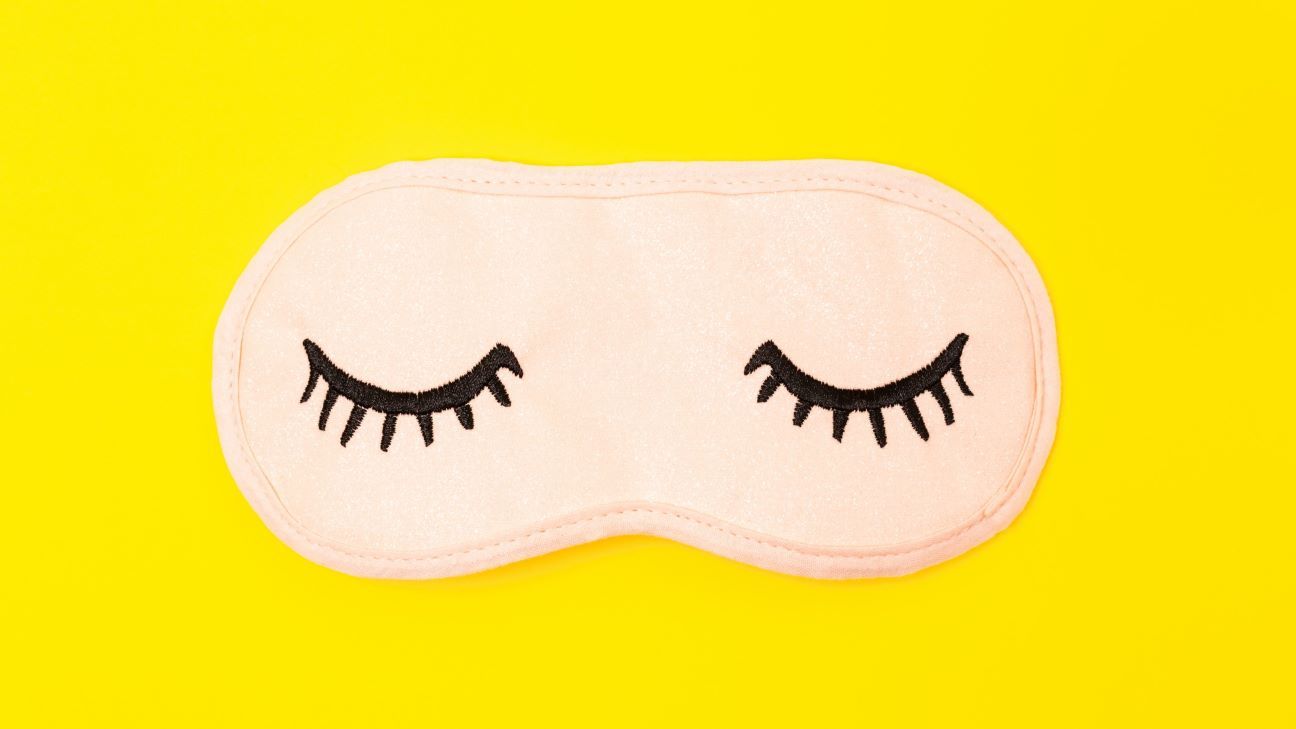
Foods high in tryptophan, an essential amino acid, have been shown to improve sleep quality, especially high-protein choices like grains, nuts, eggs, cheese and fish, along with tofu and soy.
How does alcohol rate when it comes to sleep enhancement?
A drink before bed can get you unconscious fast because of its sedative properties, but the sleep quality you experience through the night before the alarm goes off likely isn’t all that great. It can reduce the length of restorative REM sleep, or rapid eye movement sleep, and cause night wakefulness. “I don’t think I’ve ever had a patient who we’ve gotten to stop drinking who has come back and said, ‘well, I did it, but certainly it’s not helping me feel any better.’ It always does. It’s always a positive.” Winter’s advice is to keep alcohol for special social occasions and don’t use it as a sleep aid.
Another important question for a sleep expert has to be his take on coffee, since so many people rely on the buzz.
Recent statistics say Canadians consume an average of 2.7 cups of coffee per day.
“Coffee and caffeine is great. I love it,” Winter says. “If you took it away from me, I wouldn’t suffer, but I just like the ritual of it so much.” He also points out that caffeine is a performance enhancer for athletes, so the main consideration is being selective about when you have it. Caffeine is a stimulant that can improve muscle activity through activation of the central nervous system. However, if you’re not heading out to train for a sport, drinking it close to the time when you want to sleep probably has a negative impact, he says.